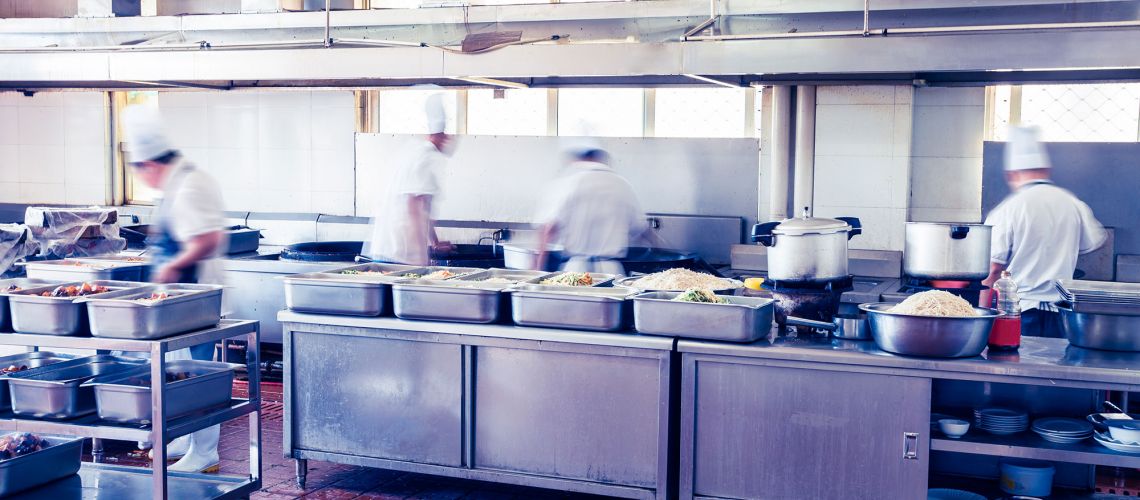Resource Recovery
Waste Management
- Waste management
- Hazardous & Specialist
- Commercial waste
- Trade waste
- Construction & Demolition waste
- Data Centres
- National waste services (UK)
- Waste containers
- General waste
- Order a skip
- Right size your waste
Industrial Services

